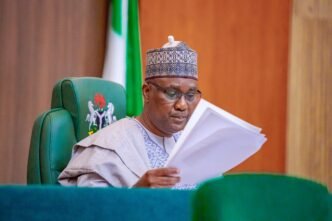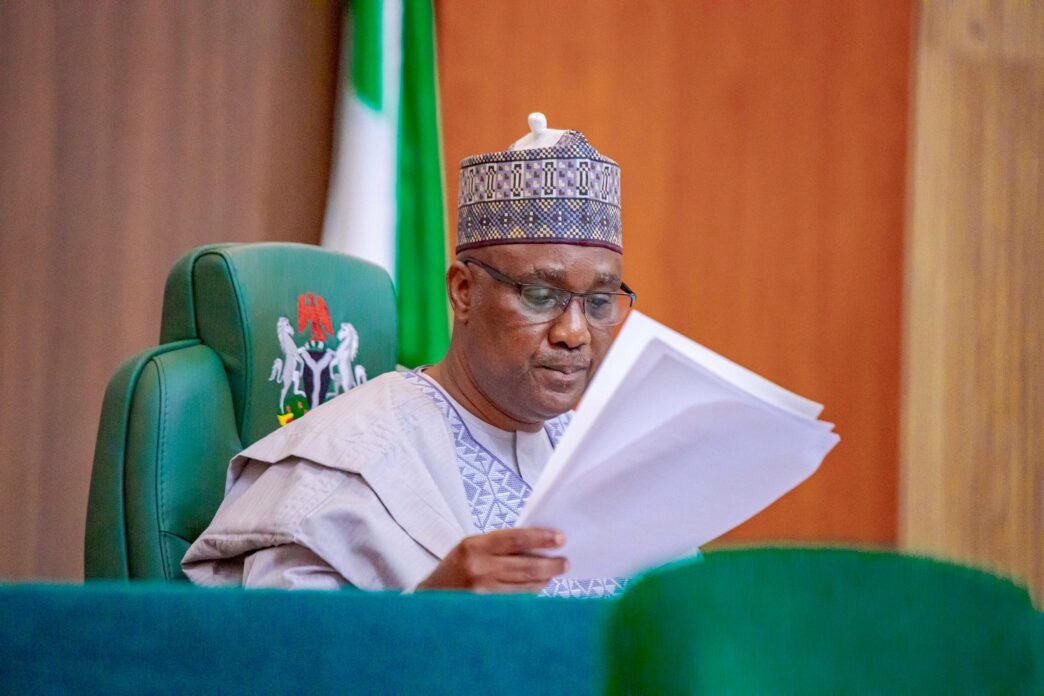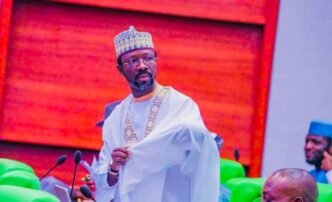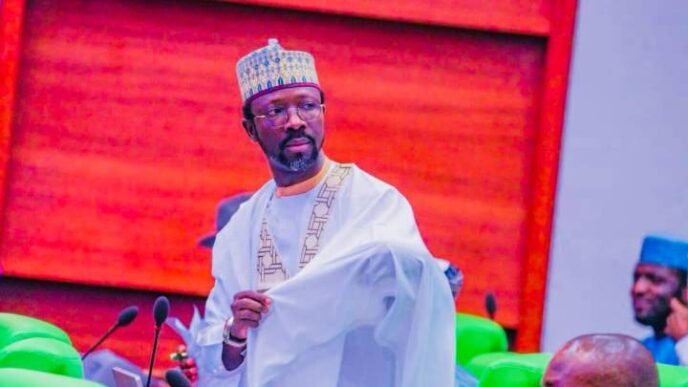The “Statistics Act (Repeal and Enactment) Bill” 2025 (HB.2491) has been introduced in the Nigerian House of Representatives, aiming to replace the existing law governing statistics in the country. While the full text of the bill is not yet publicly available, its title suggests significant changes to modernize and enhance Nigeria’s statistical framework.
The primary goals of the proposed legislation include:
- Modernizing the Legal Framework: The current Statistics Act is perceived as outdated and may not adequately address the complexities of contemporary data collection, analysis, and dissemination. The new bill seeks to introduce provisions that align with international best practices, catering to the demands of a modern economy.
- Strengthening the National Bureau of Statistics: The legislation is expected to redefine the powers, functions, and institutional independence of the National Bureau of Statistics (NBS), Nigeria’s chief agency for official statistics. This could involve granting the NBS greater autonomy and a clearer mandate, along with enhanced resources to fulfill its responsibilities.
- Improving Data Quality and Accessibility: By repealing the old legislation and enacting a new one, the bill aims to establish a more robust system for producing timely, reliable, and accessible statistical data. This is vital for evidence-based planning and decision-making for policymakers, researchers, businesses, and the general public.
- Addressing New Data Challenges: The new law is likely to include provisions for managing new types of data, such as those generated from digital sources, and tackle emerging issues related to data privacy and protection.
The bill is co-sponsored by two prominent members of the House of Representatives:
- Hon. Abbas Tajudeen, the Speaker of the House, representing the Zaria Federal Constituency in Kaduna State. His involvement underscores the bill’s significance within the legislative agenda.
- Hon. Adegboyega Nasiru Isiaka, representing the Egbado North/Imeko Afon Federal Constituency in Ogun State and serving as the Chairman of the House Committee on National Planning and Economic Development. His role is particularly relevant as national statistics play a crucial role in economic planning and development.
Currently, the bill has successfully passed its First Reading, marking the official introduction of the proposal to the House. This initial stage involves reading the bill’s title aloud, after which it will move to the next phases of the legislative process, including the Second Reading, Committee Stage, Third Reading, and eventual consideration by the Senate and presidential assent.
If enacted, this legislation could significantly enhance Nigeria’s statistical capacity, contributing to better governance and economic development.













